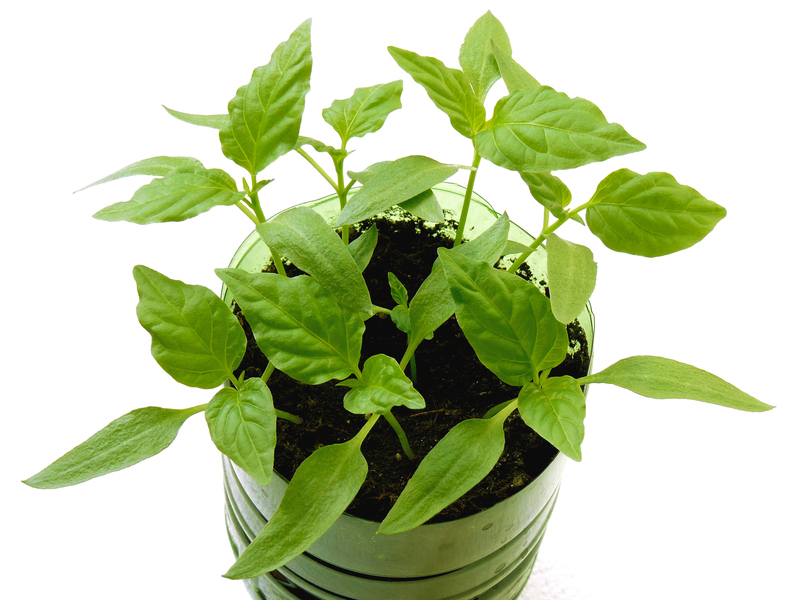Hands-On Recycling Activities for Curious Young Minds
Are you looking to motivate, engage, and educate children on environmental stewardship? Hands-on recycling activities are an excellent way to nurture curiosity, foster creativity, and cultivate lifelong sustainable habits. By integrating practical recycling projects into daily routines and classroom curricula, young minds can understand the profound impact of their choices on our planet. This comprehensive guide will walk you through a wide array of recycling activities for children that are fun, meaningful, and easy to execute, ensuring the next generation feels empowered to protect and cherish the environment.
Why Teach Kids About Recycling?
The need for environmental preservation has never been greater. Early education on recycling shapes eco-conscious behaviors, making it vital to provide youth with exciting recycling experiences. Here's why introducing recycling projects for young learners truly matters:
- Encourages Responsible Habits: Children who learn to recycle early are more likely to maintain these behaviors into adulthood.
- Enhances Problem-Solving: Many recycling projects challenge kids to think creatively and find solutions for reusing materials.
- Boosts Environmental Awareness: Hands-on activities help young learners grasp the consequences of wastefulness and pollution.
- Fosters Teamwork and Communication: Group recycling efforts promote collaboration and communication skills.
Recycling hands-on activities not only spark curiosity but solidify vital life skills, helping to lay the foundation for a healthier and more sustainable world.

Setting Up for Interactive Recycling Projects
Preparation is key to running successful recycling sessions. Here are a few steps to create the perfect learning environment for kids' recycling activities:
- Gather Recyclable Materials: Encourage children to bring in clean recyclables such as plastic bottles, cardboard boxes, paper rolls, aluminum cans, and glass jars.
- Create a Safe Work Space: Ensure all tools and materials are appropriate to the age group, with adult supervision if cutting or gluing is involved.
- Explain the Recycling Process: Begin with a brief talk about why recycling is important, using infographics or videos for better engagement.
- Organize Materials by Type: Set up bins or sorting trays for plastics, paper, metals, and glass to help children identify and sort items.
Top Hands-On Recycling Activities for Kids
1. Recycling Sorting Games
This foundational activity helps curious children understand how recyclables are separated and processed. Sorting games can be played at home or at school to reinforce the basics of recycling:
- Set up labeled bins for each type of material: plastic, paper, glass, and metal.
- Give each child a mixed bag of clean recyclables.
- Have them sort items into the correct bins, timing the activity for an added challenge or engaging them in a relay race format for a teamwork twist.
This simple activity builds the foundation of responsible recycling behavior.
2. Upcycled Art Projects
Tapping into creativity, upcycled art projects transform trash into treasure. This not only minimizes waste but also shows young minds the power of imagination and resourcefulness:
- Milk Carton Birdhouses: Decorate empty cartons into colorful birdhouses using paint, stickers, or markers.
- Cereal Box Notebooks: Convert old cereal boxes and scrap paper into unique homemade notebooks.
- Paper Roll Crafts: Transform toilet paper rolls into animals, rockets, or plant holders.
- Plastic Bottle Planters: Cut bottles in half, decorate, and use them to grow small plants or herbs.
Each project helps children see recyclables in a new light, promoting both environmental and artistic growth.
3. ECO-Invention Challenges
Challenge children's problem-solving and engineering skills with an ECO-invention challenge:
- Encourage students to design functional objects--like pencil holders, board games, or simple machines--using only recyclable materials.
- Host a "Shark Tank"-style event where kids can present their inventions to peers and teachers for feedback and fun prizes.
- Emphasize teamwork by having them build in groups.
This activity inspires innovation while reinforcing the practical value of reusing resources.
4. Composting in the Classroom or Backyard
Composting is a practical, hands-on way to teach kids about organic recycling and the importance of reducing food waste:
- Set up a small compost bin with vegetable scraps, coffee grounds, and leaves.
- Show children how composting turns waste into nutrient-rich soil.
- Let kids take turns adding scraps and observing the decomposition process over time.
This teaches patience and demonstrates the cyclical nature of the natural world.
5. Recycled Paper Papermaking
Give old paper a new life with a papermaking project:
- Tear waste paper into bits, soak in water, and blend into a pulp.
- Spread the pulp onto a mesh screen and press out excess water.
- Let dry, then decorate with leaves, seeds, or flower petals.
Not only does this teach about paper recycling, but it also gives kids a chance to create their own eco-friendly cards or artwork.
6. Bottle Cap Mosaics
This visually stunning project reuses colorful plastic bottle caps:
- Collect an assortment of caps in different colors and sizes.
- Plan a mural or mosaic design--nature scenes, animals, or geometric patterns work well.
- Attach the caps to a sturdy backing using strong glue.
STEM and Environmental Learning Through Recycling
Recycling projects for children are a perfect entryway into cross-curricular STEM learning. By connecting recycling to science, technology, engineering, and math, kids gain a holistic understanding of sustainability. Example STEM-focused recycling activities include:
- Building Solar Ovens from pizza boxes lined with foil to demonstrate renewable energy.
- Plastic Parachute Experiments using grocery bags and string to explore aerodynamics.
- Water Filtration Systems crafted with bottles, sand, and charcoal to illustrate environmental engineering.
Integrating these activities into lesson plans provides real-world context for environmental science concepts and cultivates analytical thinking.
Making Recycling Fun: Games and Competitions
Learning works best when it's enjoyable. Bring enthusiasm to your hands-on recycling sessions by organizing games and friendly competitions:
- Recycling Relay Races: Teams race to sort items into correct bins in the fastest time.
- Eco-Quiz Bowls: Host trivia contests with questions about recycling facts, local policies, and environmental impact.
- Art Showcases: Hold exhibitions of upcycled crafts, awarding prizes for the most creative use of materials.
Competition can motivate children to dig deeper into recycling topics, while public recognition builds confidence and a sense of accomplishment.
Community and Family Involvement
Recycling is most effective when embraced by whole communities. Encourage curious young minds to take their recycling passion beyond the classroom with these ideas:
- Host neighborhood cleanups or "Trash to Treasure" days where children and families collect litter and sort it for recycling and upcycling.
- Partner with local recycling centers for guided tours, showing kids where their recyclables go and how the system works.
- Involve families by sending home recycling charts and challenges.
- Start a school-wide recycling initiative with student-led awareness campaigns and regular progress updates.
Making recycling a shared value strengthens community bonds and extends sustainable habits far into the future.
Tips for Maximizing Learning During Recycling Activities
- Discuss Real-Life Impact: Share local and global statistics about recycling to connect activities with the real world.
- Emphasize the Three R's: Teach children about Reduce, Reuse, Recycle and how each action contributes to a healthier planet.
- Encourage Reflection: Ask open-ended questions such as, "How can we recycle at home?" or "What new invention could we create from waste?"
- Celebrate Achievements: Display finished projects or compile a portfolio to show progress and pride.

Resources for Further Exploration
If you want to deepen children's understanding of recycling, here are some helpful resources:
- EPA Kids Recycling Resources
- National Geographic Kids: Recycling Facts
- NIEHS Reduce, Reuse, Recycle Games
- Crayola Recycled Crafts
Conclusion: Nurturing Eco-Consciousness, One Activity at a Time
Teaching recycling through hands-on activities is more than just a fun pastime--it's an investment in the future of our planet. As young minds explore, experiment, and create, they are also absorbing crucial lessons about responsibility, stewardship, and community. Whether through creative art projects, STEM challenges, or collaborative games, recycling activities equip children with the curiosity and knowledge they need to become passionate advocates for the environment.
So, gather your recyclables, spark the imagination, and let curious young minds lead the way toward a greener tomorrow!